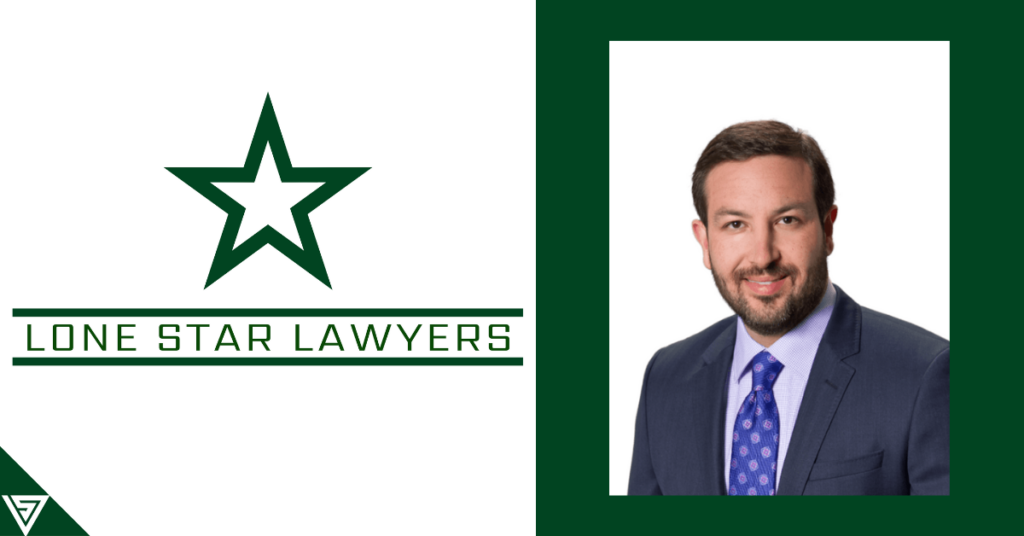Monday Mentors with Seattle Patent Lawyer Bobby Soltani

Bobby Soltani, patent and IP lawyer with Seed IP in Seattle, joins us on today's show! Bobby talks about his career journey through IP law, knowing your audience, and how many lateral moves it takes to raise a red flag.
His firm/practice
- Largest IP boutique in the pacific NW
- He works in patent prosecution, mostly in electronics and software
- In the software space, lots of discussion about what is patent eligible subject matter; statutes are generally silent (i.e. broad) but courts are drawing lines much more strictly
- lots of variation in both the courts and the patent office, so can present challenges with advising clients
- COVID update (as of June 16th)
- Most of the firm and their clients are still working from home
- Mostly been able to seamlessly transition and continue working with clients
- Some sectors of clients have been hit hard by the pandemic, while others have seen growth (i.e. gaming)
- Career track
- Started at a small boutique patent firm in Boulder, CO
- Got lots of hands on experience and immediate client contact
- All prosecution / no litigation
- Went to Seattle in 2010 to work with a large firm
- 50% patent prosecution / 50% litigation
- Discovered that litigation didn't fit his personality
- Moved to Seed in 2013 to return to full-time patent prosecution and at an IP boutique
- In his experience, plenty of patent/IP litigators didn't have the hard science background that is required for patent prosecution and some litigation. Though it can be a bit tougher to get your foot in the door without it.
- Sometimes being a lay person can be helpful, since the judge and jury likely won't have that background either
- Started at a small boutique patent firm in Boulder, CO
- Judge Albright and the Western District of Texas in Waco is now an IP litigation hot spot
Advice to lawyers in practice
- Know the audience you are communicating with and respond directly to what is being asked
- Get comfortable with the process of learning how to be a lawyer
- Show ownership and dedication to the work and the projects
- Keep an open line of communication with any partners you are doing work for
- Be creative
- On work/life balance:
- Reducing commutes can really help, as the pandemic has revealed
- Though it can be tough to separate work from home when you work at home
- Firms providing more mental/physical health benefits/programs can be helpful, though lawyers need to take advantage of them
- Analytical skills will become even more important as legal practice evolves over time and as things like LPOs and AI take on more routine tasks
Advice to lawyers on the lateral market
- If looking at a specialized firm, know that it may be looking for that specific background/education/experience that precisely fits the need of the position.
- Demonstrate a consistency in growing and challenging yourself.
- One or two moves early on in someone's career doesn't raise too much of a flag for him, but six or seven moves in the same number of years would likely raise concerns.
- Candidates would be wise to address this issue head on in an interview or cover letter
- Know that small/boutique firms usually want to hire people who they will like and get along with, and will enjoy working with day in / day out
Final Thoughts
- Work hard
- Work on your relationships; stay in touch with your law school colleagues
Rapid Fire Questions
- Name one trait/characteristic you most want to see in an associate: dedication
- What habit has been key to your success: keeping a daily task list
- Favorite app/productivity tool: OneNote
- What would be listed first on the interest line of your resume: Tennis
- Favorite legal movie: 12 Angry Men
Thanks again to Bobby Soltani for joining us on today's show!
